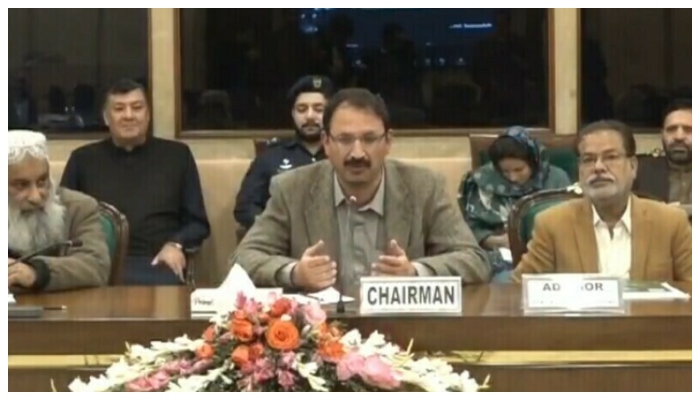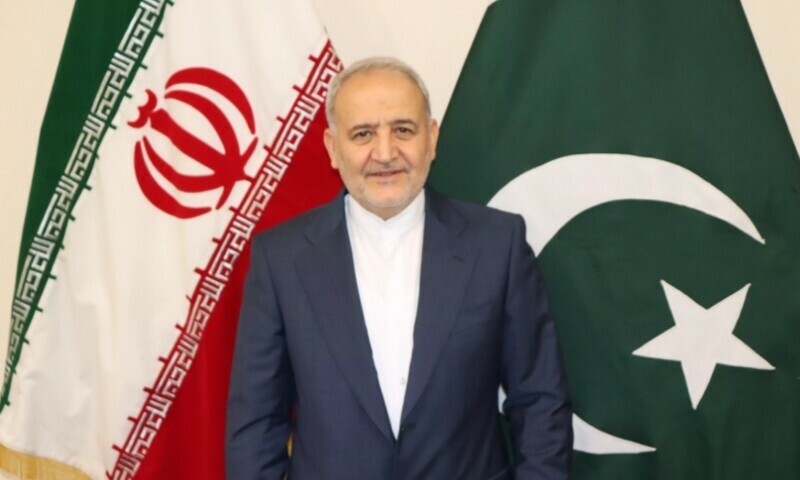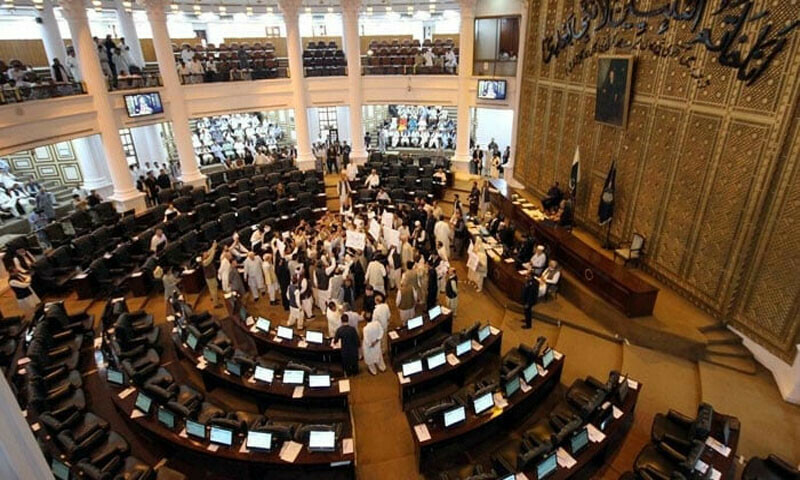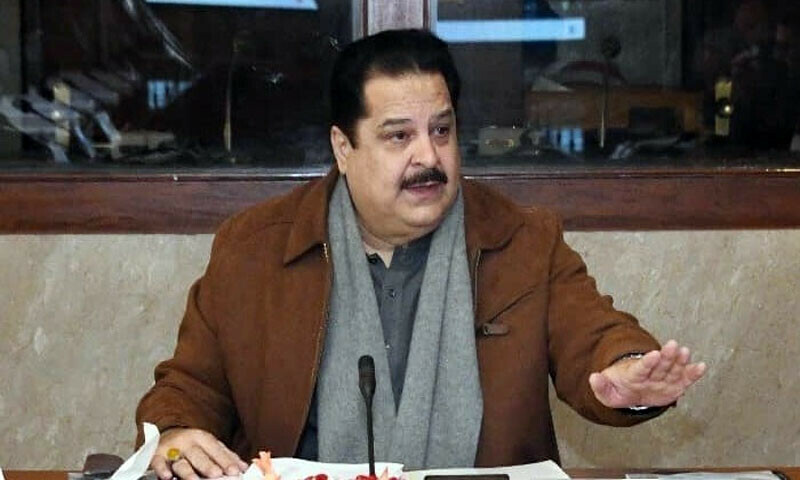POLITICS & POLICY MAKING

The Public Accounts Committee (PAC) of Parliament has taken serious notice of the Federal Board of Revenue’s (FBR) notification granting tax exemption on sugar imports, amid mounting concerns of favoritism and economic burden on the public.
The PAC meeting, chaired by Junaid Akbar, reviewed the government’s recent decision to exempt taxes on the import of 500,000 metric tons of sugar and scrutinized the FBR’s SRO (Statutory Regulatory Order) issued in this regard. The committee expressed dismay over repeated patterns of manipulation in the sugar sector and summoned the Chairman FBR to the next session for a detailed explanation.
PAC member Moin Amir highlighted the long-standing issue of sugar-related profiteering, stating, “Every time sugar is exported or imported, the public suffers while certain players profit. This must be stopped.”
Echoing these sentiments, committee member Sanaullah Mastikhel described the move as “a robbery on the pockets of the poor,” accusing powerful mafias of exploiting state policy for personal gain. “This is not relief; it's a reward for a few at the cost of millions,” he said.
Chairman Junaid Akbar assured members that the committee will pursue accountability, confirming that the FBR chief will be asked to explain the basis of the tax exemption and its implications in the upcoming meeting.
It is pertinent to note that the FBR had issued a notification exempting taxes on the import of 500,000 metric tons of sugar. However, the move came under scrutiny from the International Monetary Fund (IMF), which raised serious concerns about the fiscal implications of such relief measures.
Following the IMF’s objections, the Trading Corporation of Pakistan (TCP) withdrew its earlier tender for importing 300,000 metric tons of sugar and issued a revised tender for only 50,000 metric tons.
Economists and policy experts have warned that such tax exemptions, without transparency or economic justification, could distort markets, benefit cartels, and violate international commitments under fiscal discipline frameworks.
The PAC’s intervention signals a broader push for transparency and accountability in government economic decisions, particularly in sectors prone to manipulation and hoarding.




